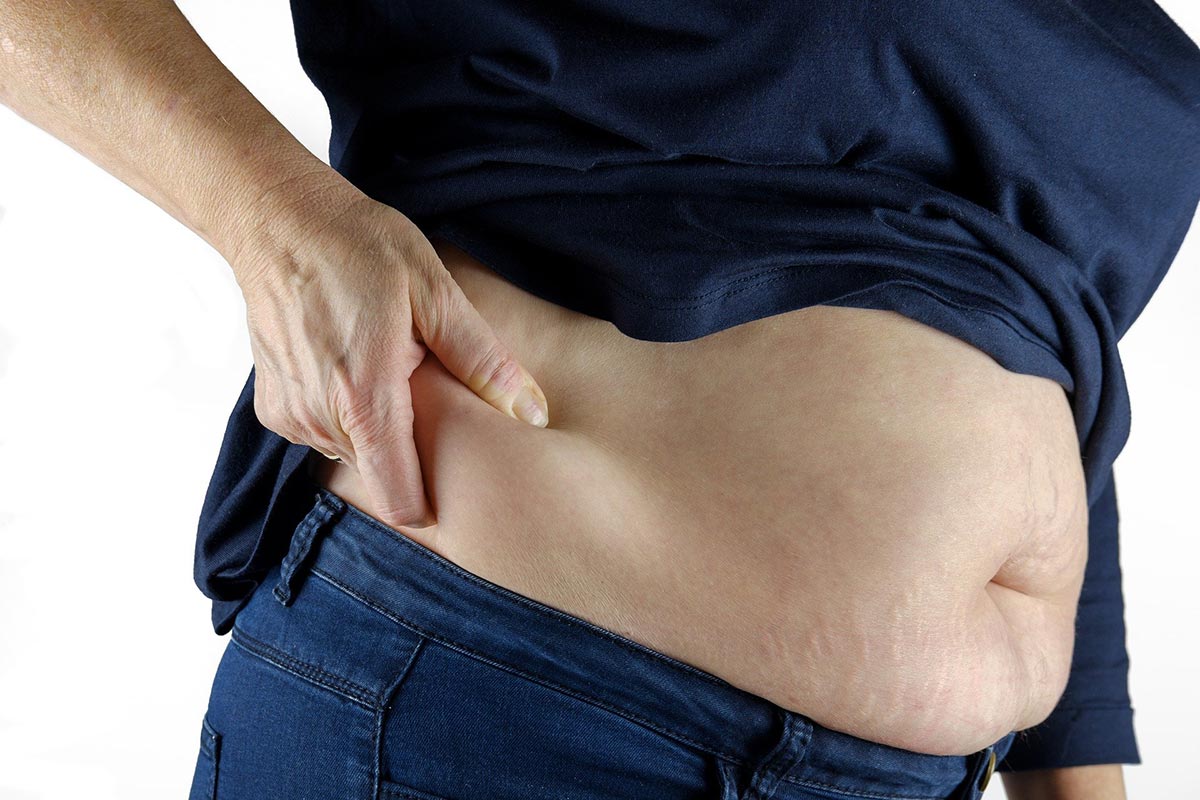Many people approach weight loss with extreme methods, such as skipping meals or adopting highly restrictive diets. However, sustainable fat loss requires a balanced, strategic approach that not only helps shed excess weight but also maintains muscle mass and overall health.
Why Skipping Meals Won’t Work
One of the most common mistakes in fat loss is skipping meals. Many assume that eating less frequently leads to lower calorie intake and therefore faster weight loss. However, research shows that skipping meals can slow metabolism and trigger the body’s survival mechanism, causing it to store fat more efficiently. Additionally, long gaps between meals often result in overeating later, making it harder to maintain a caloric deficit.
A well-balanced diet with regular meal timing ensures that the body remains in an optimal metabolic state. Instead of skipping meals, focusing on portion control and nutrient-dense foods can provide a steady energy supply while keeping hunger in check.
The Myth About Late-Night Eating
A common belief is that eating after 6 p.m. leads to weight gain. However, what matters more than meal timing is the total calorie intake versus expenditure. The key is to make smart choices about what to eat in the evening. A protein-rich meal after an evening workout can support muscle recovery, while a light snack with fiber and healthy fats before bed can stabilize blood sugar levels and prevent overnight cravings.
Good evening snack choices include Greek yogurt with berries, a handful of nuts, or a small portion of cottage cheese. These options provide sustained energy without overwhelming the digestive system.
Eat Slowly and Mindfully
Another effective strategy for fat loss is slowing down while eating. It takes approximately 20 minutes for the brain to recognize satiety signals. Eating quickly often leads to overconsumption before the body has a chance to register fullness. To counteract this, drinking a glass of water before meals and chewing food thoroughly can help create a sense of fullness with fewer calories.
Practicing mindful eating by paying attention to hunger cues and savoring flavors can also lead to better digestion and improved overall satisfaction with meals.
Why Starvation Diets Fail
Drastically cutting calories may lead to initial weight loss, but it is often unsustainable and comes with numerous health risks. Extreme caloric restriction slows metabolism, leading to muscle loss rather than fat reduction. Additionally, prolonged under-eating can cause hormonal imbalances, mood swings, and energy depletion.
Instead of adopting starvation diets, focusing on a moderate calorie deficit with nutrient-dense meals ensures that the body receives the essential vitamins and minerals it needs for optimal function. Combining this approach with strength training helps preserve lean muscle mass while burning fat efficiently.
Incorporating Strength Training for Fat Loss
Many believe that cardio is the best way to lose fat, but resistance training plays an equally important role. Lifting weights helps build muscle, which increases resting metabolic rate (RMR). This means the body burns more calories even at rest, making fat loss more effective in the long term.
Strength training also improves insulin sensitivity, reduces the risk of metabolic disorders, and enhances overall body composition. A combination of resistance exercises and cardiovascular workouts provides a balanced approach to sustainable fat loss.
The Role of Hydration
Proper hydration is often overlooked in fat loss strategies. Water plays a crucial role in metabolism, digestion, and energy production. Dehydration can slow metabolic processes and lead to increased hunger signals, which are often mistaken for food cravings.
Drinking at least 2–3 liters of water per day supports optimal metabolic function. Additionally, consuming water-rich foods like cucumbers, watermelon, and leafy greens contributes to overall hydration.
Quality Sleep for Fat Loss
Sleep is a critical factor in effective fat loss. Research indicates that inadequate sleep disrupts hunger-regulating hormones like ghrelin and leptin, leading to increased appetite and cravings for high-calorie foods.
To support fat loss, aim for at least 7–9 hours of quality sleep per night. Establishing a bedtime routine, reducing screen exposure before sleep, and managing stress through relaxation techniques can significantly improve sleep quality and overall metabolic efficiency.
Balancing Macronutrients
A balanced diet should include an appropriate mix of proteins, carbohydrates, and fats. Each macronutrient plays a vital role in fat loss and overall health:
- **Protein:** Supports muscle maintenance and satiety, preventing overeating. Sources include lean meats, fish, eggs, legumes, and dairy.
- **Carbohydrates:** Provide energy for workouts and daily activities. Choosing complex carbs like whole grains, fruits, and vegetables prevents blood sugar spikes and crashes.
- **Fats:** Essential for hormone production and brain function. Healthy fat sources include avocados, nuts, seeds, and olive oil.
Making Fat Loss Sustainable
Fat loss is not about short-term diets but about building habits that can be maintained over a lifetime. Setting realistic goals, being patient with progress, and making gradual adjustments to lifestyle choices ensure long-term success.
Instead of focusing solely on the scale, tracking progress through measurements, photos, and strength improvements provides a more comprehensive view of body composition changes. Celebrating small victories along the way helps maintain motivation and adherence to a healthy lifestyle.
Losing fat wisely requires a combination of smart eating habits, regular exercise, hydration, and quality sleep. Avoiding extreme diets and incorporating sustainable lifestyle changes lead to long-term success. By prioritizing strength training, mindful eating, and balanced nutrition, anyone can achieve their fat loss goals while maintaining optimal health and energy levels.












